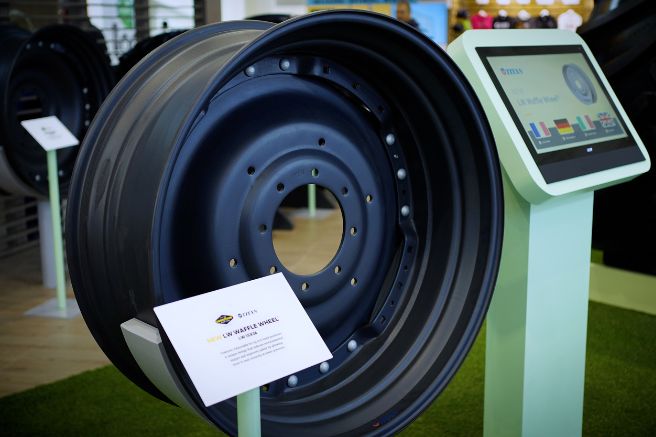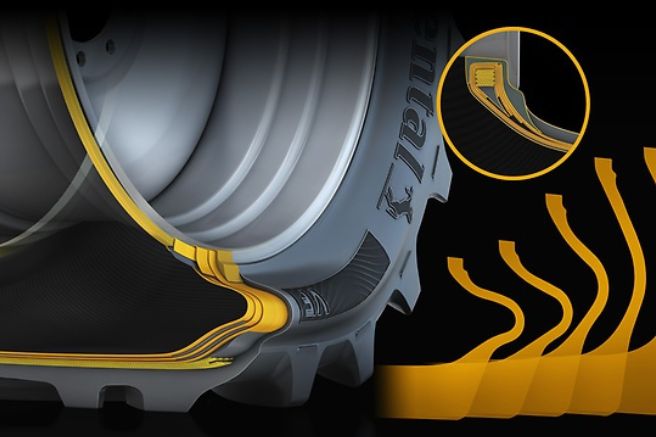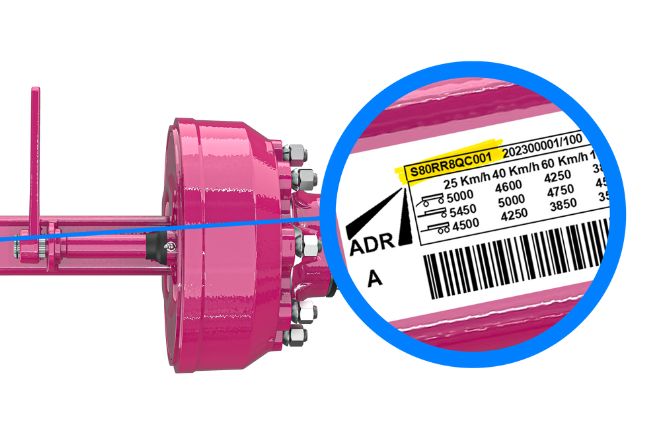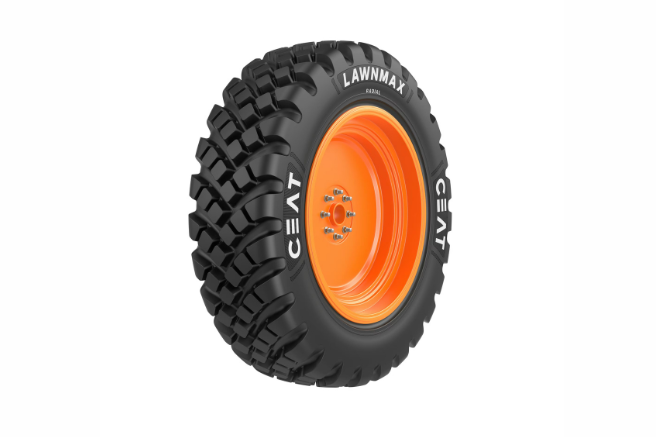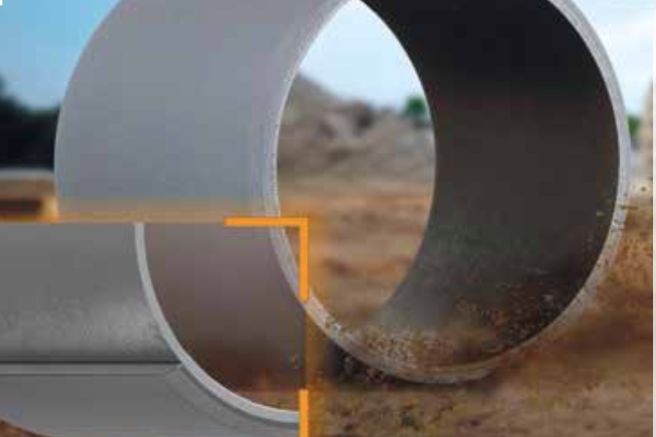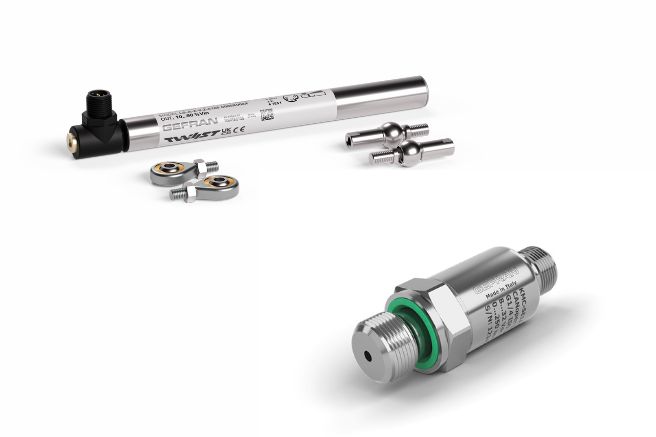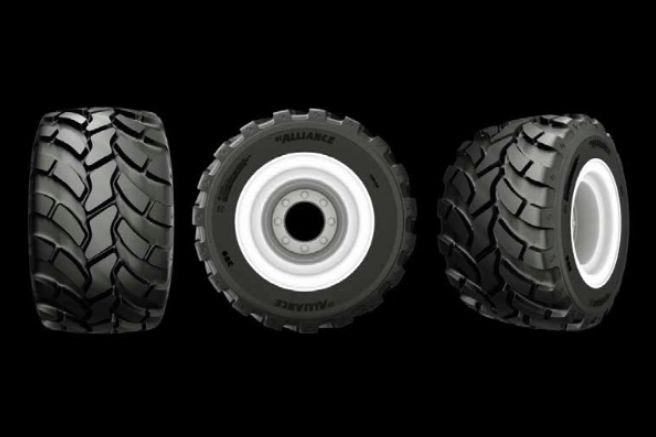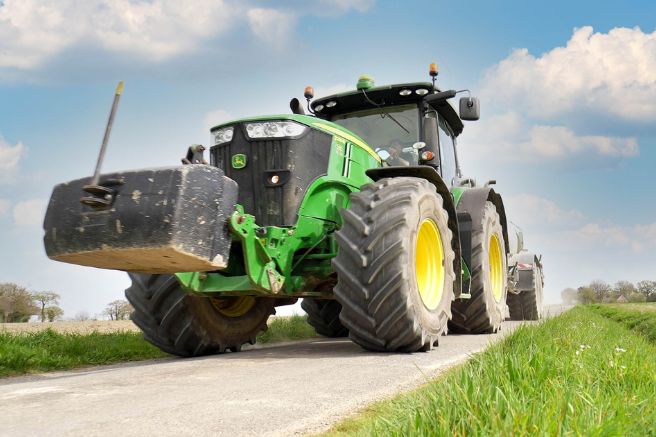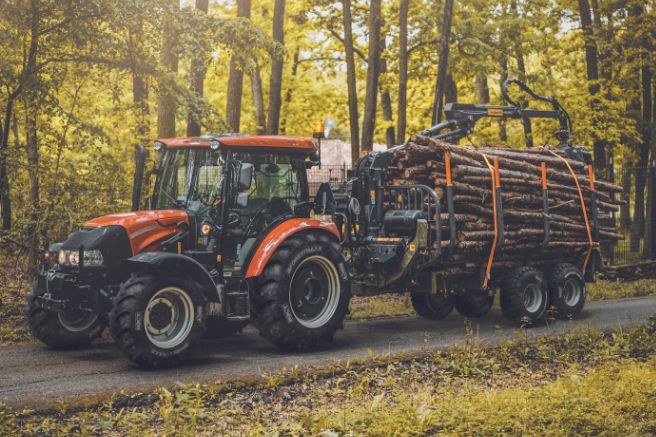The Need to Protect Agricultural Land by Minimizing Compaction Caused by Machinery. The necessity of protecting agricultural land by minimizing soil compaction caused by machinery and equipment has led to both an increase in tire sizes and the development of tires designed to operate at low pressures, even below one bar. In both cases, the ultimate goal is to maximize the contact area of the tread to ensure lower specific pressures for a given load. The underlying idea is sound, but to make it a reality, these specially designed wheels…
Read MoreCategory: Components
Continental Technologies becoming increasingly strategic
In the agricultural sector, the guiding principle for years has been “sustainability,” a term with countless facets but one that encapsulates the need to operate comprehensively to make farming practices increasingly respectful of the environment. It is obviously difficult to disagree with this necessity, but much harder to pursue it while simultaneously accepting the idea that farms are also expected to increase production while keeping commodity prices stable, despite the constant rise in treatment and fuel costs. Contrasting themes, therefore, which Continental sought to explore to understand how well they…
Read MoreAutomatic management systems, Adr innovation runs on the wire
During the celebrations marking the 70th anniversary of the ADR Group, President Flavio Radrizzani emphasized that the company’s current global leadership has been achieved through continuous investments in research and development. These investments focus on enhancing product quality and reliability standards, as well as creating innovative and exclusive technical solutions. This approach has enabled ADR to establish itself as a key technological partner for agricultural trailer manufacturers, a position reiterated at EIMA 2024 with the introduction of new mechanical and digital solutions. The digital advancements are specifically aimed at making…
Read MoreNew for 2025 Ceat Specialty: served poker
Ceat Specialty aims to strengthen its commercial position in Italy with four product lines designed to raise performance and sustainability standards in production cycles, whether in open field operations or mixed use of tractors between road and field. Founded in Turin in 1924, the Ceat brand has maintained a strong connection with Italy, even after its acquisition by the Indian RPG group in 1981. The Italian market has always been considered strategic for its commercial growth. Ceat Specialty, the agricultural division, aims to reaffirm this focus at Eima 2024 with…
Read MorePlain bearings “iglidur Q3E” by Igus, zero maintenance
When an excavator moves hundreds of kilograms of sand or an agricultural tractor lifts square bales, enormous loads act on the bucket and fork bearings. Until yesterday, the plain bearings designed to support these efforts were made of metallic materials or different synthetic materials combined together through a winding process. In any case, the bearings were expensive and if metallic they also required periodic lubrication. Thanks to constant advanced investments in research and development, the German Igus group has today managed to create a bearing with performance characteristics superior to…
Read MoreTexaco oils, prevention is better than cure
The replacement of engine oil is the first and most important form of maintenance that must be performed to ensure the full functionality of an agricultural or industrial machine. In fact, it is also a contractual obligation imposed by manufacturers to protect their equipment when covered by warranty. However, simple oil replacement, along with the replacement of filter cartridges, is merely a precautionary measure and provides no diagnostic value unless the operation is combined with periodic fluid analyses aimed at detecting the presence of solid or liquid compounds resulting from…
Read MoreSafety and innovation for hydraulics, Gefran sensors on display at Eima
The mobile hydraulics sector, particularly applications for agricultural machinery, requires high safety and reliability standards to ensure operator protection. In this regard, Gefran, an Italian multinational specialized in the design and production of sensors, industrial process control instrumentation, and automation systems, offers a wide range of smart sensors designed to meet every application need in the field of mobile hydraulics. Gefran sensors at Eima 2024 These solutions will take center stage at the 46th edition of Eima 2024, the International Exhibition of Agricultural Machinery, scheduled from November 6 to 10…
Read MoreAlliance “399” tyres, one is better than two
In the agricultural field it is not uncommon for, in addition to traditional self-propelled vehicles, there is also space for compact earthmoving machines, in particular backhoe loaders and excavators, when the need arises to modify farm surfaces for the most varied reasons. Levelling, rationalization of access, canalisation, drainage and so on. In such situations – and also in the case of having to deal with demanding environmental maintenance such as, for example, the deforestation of embankments and docks – backhoe loaders and excavators come into action, vehicles which, if brought…
Read MoreYokohama, acquisitions in progress
The acquisition work that has long been embraced by the Yokohama group continues to expand and consolidate its relevance on the various markets that characterize the off-road world. After having acquired through its “Atg” division the “Alliance” brand operating in the agricultural sector and through the “Tws” division the “Trelleborg“, “Mitas”, “Cultor” and “Maximo” brands, also oriented towards agricultural sector, is now working to strengthen its offer in the “Otr” sector, “Off the road”, an acronym which in fact identifies tires aimed at equipping construction and earthmoving machinery. Yokohama, acquisitions…
Read MoreBkt forestry tyres, three specific series for forestry
Wooded areas are one of the most difficult natural environments to approach in terms of economic management. In fact, they present themselves with connotations that significantly hinder the possibilities of mechanization of activities, starting from the dense and disorderly vegetation which severely limits the movements of men and machines up to the irregular and uneven surfaces which are often characterized by accentuated inclinations. As if that were enough, these limitations are then combined with the continuous presence of obstacles that put the robustness of the propulsion and traction systems of…
Read More
